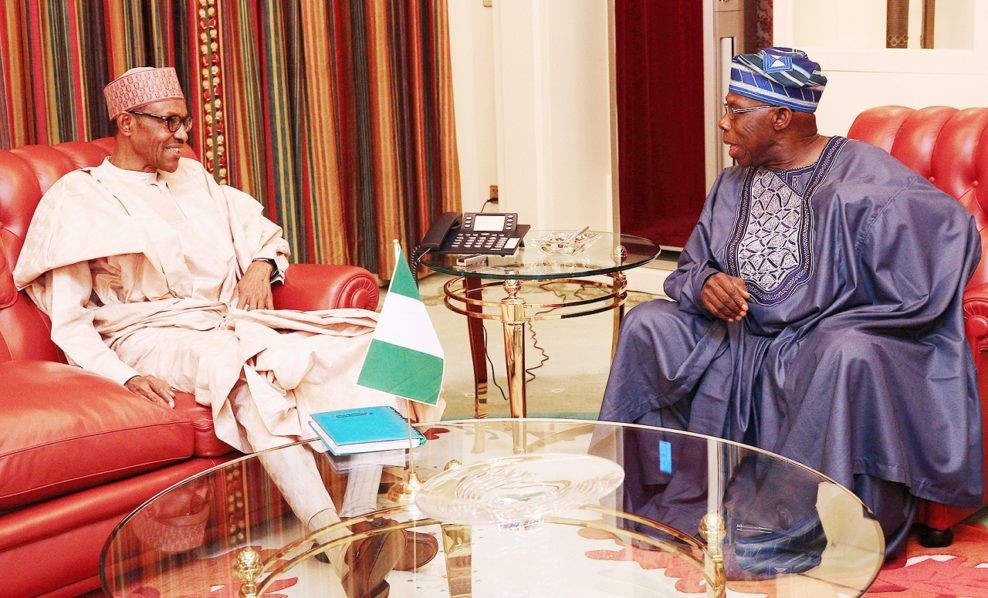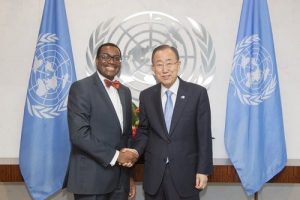
Supporters of Bekele Gerba, secretary general of the Oromo Federalist Congress, celebrate Gerba’s release from prison, in Adama, Oromia Region, Ethiopia, Feb. 14, 2018. Credit/VoA
More 1,500 prisoners released in Ethiopia to ease political tension
More political prisoners in Ethiopia are being released by authorities to further ease political tension in that East African country.
In Ethiopia’s Somali region, about 1,500 people were released from prison on Thursday.
Mohammed Bilal Hassan, media adviser to the regional president, told VOA’s Horn of Africa service that the prisoners were released hours after regional officials announced such action would be taken. He said they include people arrested under Ethiopia’s anti-terrorism law and “other criminals.”
Up to 6,000 prisoners across Ethiopia have now been released within the last month.
Amidst lingering political tension and unrest, Prime Minister, Hailemariam Desalegn, handed in his resignation letter earlier in the month.
Hailemariam Desalegn said he submitted his resignation as both Ethiopia’s prime minister and chairman of the ruling coalition.
“Unrest and a political crisis have led to the loss of lives and displacement of many,” Hailemariam said in a televised address on Thursday.
“I see my resignation as vital in the bid to carry out reforms that would lead to sustainable peace and democracy,” he said.
Hundreds of people have died in a wave of violence across Ethiopia, initially sparked by an urban development plan in the capital, Addis Ababa, in 2015.
Last week, the government freed several prominent critics and opposition leaders, including journalist and blogger Eskinder Nega, who had been serving an 18-year prison sentence.
Rights groups have long criticized Ethiopia’s government as repressive and undemocratic. Authorities arrested thousands of people during a wave of sometimes violent anti-government protests, mainly in the Oromia and Amhara regions, during 2015 and 2016. Most were charged with treason or incitement to violence. Activists said the government was attempting to silence dissent.
The government declared a state of emergency last week after Prime Minister Hailemariam Desalegn announced he plans to resign. The declaration included restrictions on free expression and the right to assembly.
The U.S. Embassy in Addis Ababa said the move “undermines recent positive steps toward creating a more inclusive political space, including the release of thousands of prisoners.”
An academic-turned-politician, Hailemariam led Ethiopia since 2012, after the death of former leader Meles Zenawi.
He served as deputy prime minister and foreign minister under the former leader, before assuming power, and he was also elected chairman of the African Union in 2013.
Hailemariam said he will stay on as prime minister in a caretaker capacity, until the ruling Ethiopian People’s Revolutionary Democratic Front (EPRDF) and the country’s parliament accept his resignation and name a new premier.
Demonstrations demanding greater freedoms began in late 2015 and engulfed much of the restive Oromia and Amhara regions, Ethiopia’s most populous areas, before spreading to other parts of the country.




Recent Comments